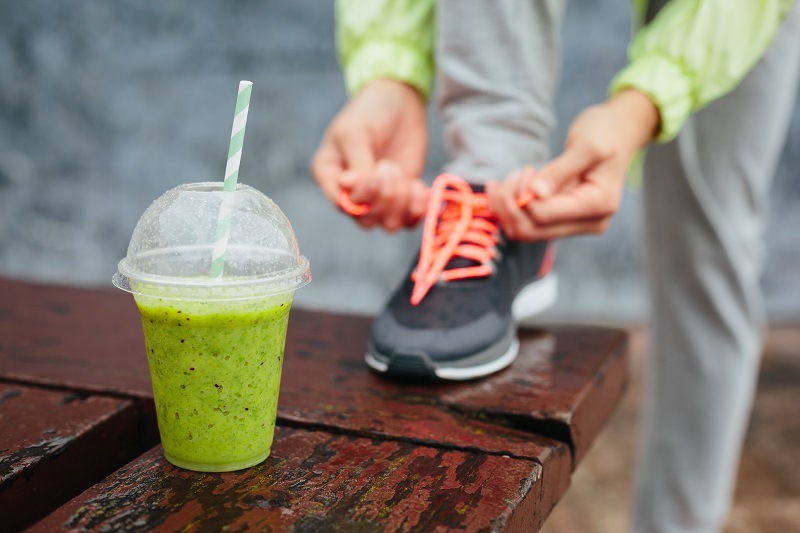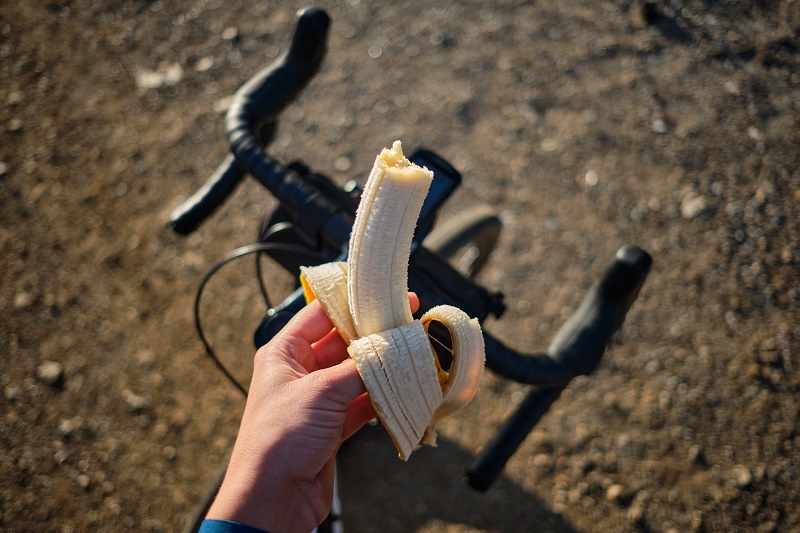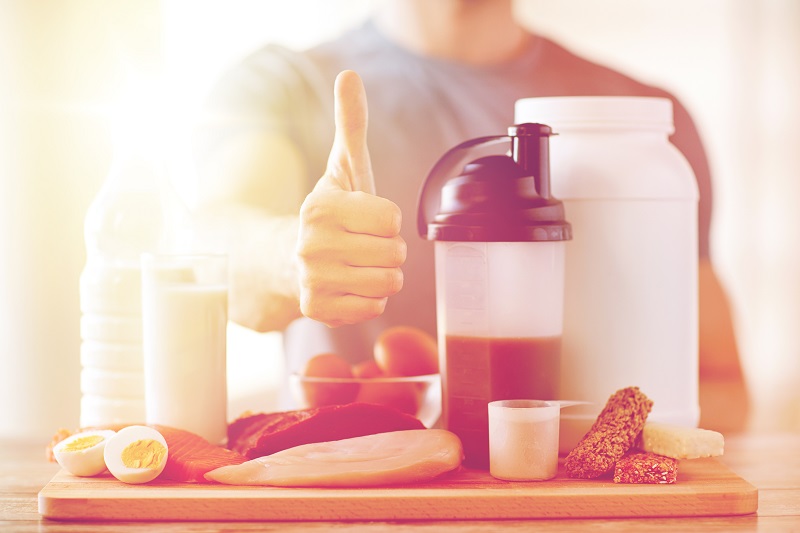
If you’ve spent the entire summer relaxing, resuming fitness activities may leave you exhausted until you regain your stamina. With a few simple dietary adjustments, you can ensure the training sessions go as well as planned with less discomfort. Nutrition is essential to the proper functioning of the body, particularly while engaging in any adventure arena Chennai. You can build your muscles, improve your performance and protect your connective tissues by providing your body with the proper nutrition. In this blog, we will discuss the most effective ways to prepare your body for playing futsal, with a focus on three important aspects.
All About Preparing Your Body With Pre-training Nutrition
Preparing your body prior to playing on a football turf Chennai (https://www.dugoutchennai.com/futsal/) is mandatory. A body that is well-nourished not only looks better but helps avoid more serious health problems. So, how does one prepare their physique? The key is to adequately hydrate and nourish your body for at least a month before the event. Your digestive system must acclimatize to the nutritional expectations of the forthcoming football season.
Hydration is an essential component of nutrition. Begin by incorporating a beverage into each meal, and be sure to hydrate before, during, and after you exercise. In addition, practice gulping liquids rather than drinking them. When you consume large quantities of liquid quickly, it will see that your body is adequately hydrated. Apart from hydration, dietary consistency and equilibrium are equally essential. Skipping meals can hinder your performance. For optimal nutrition, consume three well-balanced meals per day in addition to refreshments and snacks. By beginning hydration and nutrition at least one month before the training, you prepare your body for the upcoming rigorous exercises.
Here are some guidelines on how to properly fuel your body for a futsal or biking activity, regardless of your workout duration:
- Consume nutritious foods throughout the day.
- Never stay hungry for an extended period of time.
- Take the time to comprehend how your body feels and adjust your diet and exercise routine.
- Allow 1 to 2 hours before starting to work out.
- Hire a nutritionist or personal trainer to help you customize a training and meal plan based on your objectives.
But what exactly should you be eating? Which dietary groups provide energy? Which food categories fuel your efforts? To answer these concerns, let’s explore the optimal high school football nutrition plan, which will fuel your body for success. It is essential to prioritize nutrient-dense foods that offer sustained energy. Include lean proteins, whole cereals, fruits, healthy fats, and vegetables in your diet. These foods provide the necessary vitamins, macronutrients, and minerals for optimal athletic performance.

Decoding the Importance of Carbs for Futsal & Biking Activities
In today’s world of fad diets and trendy eating plans, it is essential to recognize that not all carbohydrates are the same. Carbohydrate restriction is believed to cause the shedding of weight. But you must understand that cutting down on carbohydrates may hinder athletic performance. If you are an athlete, including carbohydrates in your diet is highly advised. Futsal and biking are extremely intense sports requiring sudden energy surges, so carbohydrates are crucial for them. Consuming between 3 and 12 grams of carbohydrates per kilogram of body weight is recommended to have sufficient fuel for training. This should account for approximately 55-60% of your daily caloric intake.
Increasing the quantity of carbohydrates in your diet increases your immediate energy supply. It is essential for completing your futsal and biking activity practices successfully. However, not all carbohydrates are created equal. Concentrate on consuming complex carbohydrates, such as vegetables, pulses, fruits, legumes, 100% whole grains (brown rice, quinoa, wheat, and oats), and unsweetened dairy products. These complex carbohydrates contain varying quantities of fiber, which contribute to improved nutrition and aid in the storage of energy for optimal performance.
In contrast, refined and processed carbohydrates should be avoided. Common sources of these carbohydrates include desserts, condiments, sugary beverages, white cereals (pasta, bread, and rice), and sweetened dairy products. These forms of carbohydrates are ineffective in providing sustained energy to the body. While limiting your consumption of processed and refined carbohydrates is necessary, you do not need to eliminate them entirely. Prioritize complex carbohydrates in your diet. Do not fall into the temptation of eliminating all carbohydrates from your diet. Focus on consuming carbohydrates, which provide adequate energy to the body. Follow a balanced diet consisting of the right amount of carbohydrates to optimize your performance.

An Overview of Boosting Endurance & Health with Nutritious Fats
Not all fats are harmful! Fats are an essential diet for fitness freaks. Approximately 30% of an athlete’s diet should consist of lipids. Selecting the appropriate lipids is crucial. Choose avocados, cheese, eggs, fish, chia seeds, nuts, peanut butter, yogurt, and vegetable oils for their healthy lipids. These foods provide the body with essential fatty acids necessary for optimal health and performance. Fats help the body to store energy and are advantageous for developing endurance. The key is to choose the right fats.
Why are these lipids so essential? In contrast to carbohydrates, which are rapidly metabolized and transitioned to energy via respiration, fats are stored as energy in the body. They function as a reserve so the body can access them whenever necessary. However, it is essential to achieve a balance. If stored energy is not used, it can cause unwanted weight gain. Remember that your nutritional requirements may vary depending on the sport you play. But take care to avoid trans fats and limit consumption of saturated fats. Sources of these unhealthy fats are some oils and processed and fried foods.
You should opt for monounsaturated and polyunsaturated fats, which offer numerous health benefits. Monounsaturated lipids, found in foods like nuts and avocados, will reduce the LDL cholesterol level and the risk of cardiovascular disease. Polyunsaturated fats in fatty fish such as salmon and trout, chia seeds, and walnuts are abundant in omega-3 fatty acids. They have anti-inflammatory properties and promote cognitive health. It is also important to note that lipids play an integral part in the absorption of fat-soluble vitamins (A, D, E, and K) and contribute to the production of healthy hormones. Thus, the right fats in your diet can improve your overall health and athletic performance.
The bottomline
Nutrition plays a crucial role in improving agility and endurance and reducing the risk of injuries. Adopting the above-mentioned healthy eating practices allows you to train your body effectively. Keep in mind that a balanced diet, adequate hydration, and appropriate training techniques should supplement these nutritional strategies. By prioritizing your body’s nutrient requirements, you can excel in both futsal and biking activities with optimum physical performance. As an increasing number of Indian players make their debut in international football, prioritizing the advantages of nutritious food becomes essential. For additional news concerning India’s participation in the international arena, you can click here.




